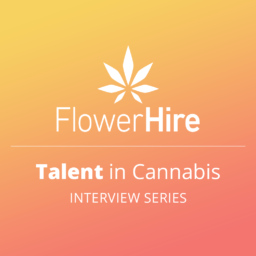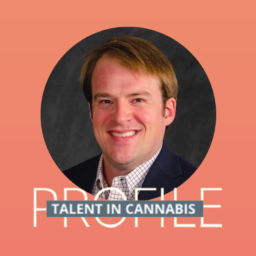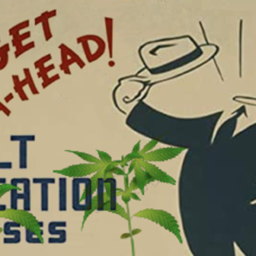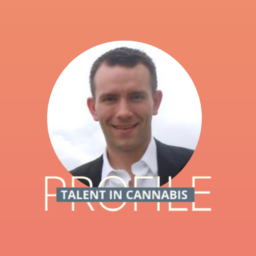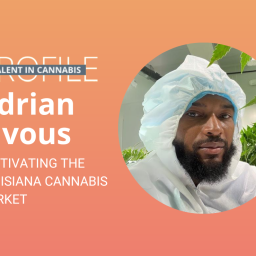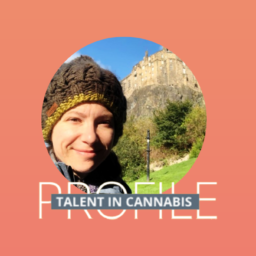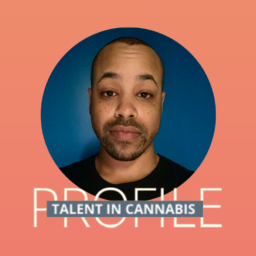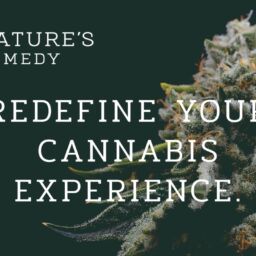
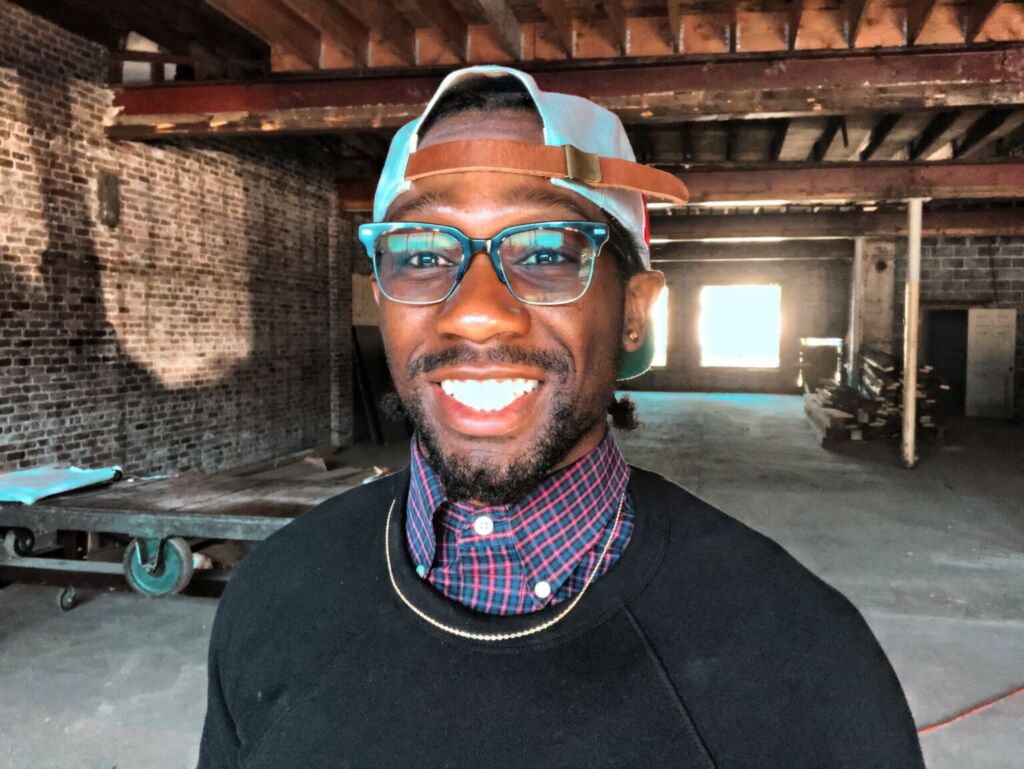
This week in Mass Talent – I had the opportunity to speak with Ulysses Youngblood, Co-Founder and President of Major Bloom, an impact driven Cannabis lifestyle brand with a mission of creating positive social change. Ulysses is a self-described “kid of the culture,” he grew up around cannabis and was introduced to it’s culture at an early age. He also grew up running a family business – so he understood discipline and what it meant to have responsibilities, the flip side of this was free time and autonomy. When he moved to Worcester to attend Assumption College, he had a rude awakening to systemic racism and racial inequality. He was kicked off campus due to cannabis – being off campus and autonomous at this age led to subsequent arrests and trouble. He moved back home and finished college at Sacred Heart, graduating in 2012, and then quickly moved back to MA – his home away from home, in anticipation of the cannabis industry coming. In the meantime he worked sales and marketing roles where he experienced success, but was never fully satisfied – something was missing and he also realized, no matter what company he worked for or how successful he was, he was going to encounter systemic issues. So, why not encounter them as a business owner, in a position to lead the way and make a change.
Major Bloom was born. They’ve set their sights on retail and manufacturing in Worcester first where they are current in the build out phase. They’ve also launched a consumer brand to establish a presence, an ethos, and serve a purpose (proceeds help to fund educational scholarships, career and entrepreneurial counseling and community charities to change the future for those impacted by the on-going drug crisis.) Their intentions are to open their doors in Worcester in early 2021 with plans to apply for additional licenses down the road. So keep an eye out, and in the meantime – check out their merch!
Q: What preconceived notions did you have about the cannabis industry and how have they changed since you joined?
A: Not that I thought everyone and everything in the industry would be positive, but I would say people in the cannabis industry are pessimistic and I didn’t expect that. So when you are networking with people and you tell them your ideas, you hear a lot of “No’s” and “That won’t work.” Now, I try not to let my emotions and passions take over when I am talking about my endeavors and I focus on thinking logically. I also put an emphasis on being less of a talker and more of a doer.
Q: What work experiences or situations before cannabis prepared you to work in this industry?
A: That’s an easy one – sales. I helped run family businesses growing up, and then I was in a corporate sales environment doing in-home sales. I met thousands of customers in my past roles and worked with 100s of people across my sales team. Getting into cannabis, one of the main things to do right now is network, so it’s been easier for me to have these conversations, show my value and understand where everyone stands and what will bring value to them.
My weakness is the regulatory and political side of things, which is why Laury (Laury Lucien, Co-Founder) teamed up. When we first met, we had two separate teams and I had to “sell” her into us joining forces. It was very much so like courting where we were getting a feel for each other and ultimately made a commitment to do this together. My sales and leadership experience, in a way, helped solidify our relationship, complementing her legal work and I don’t know where I would be without her.
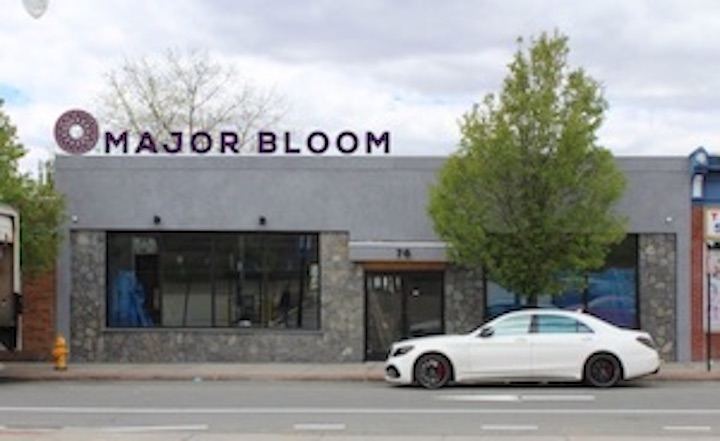

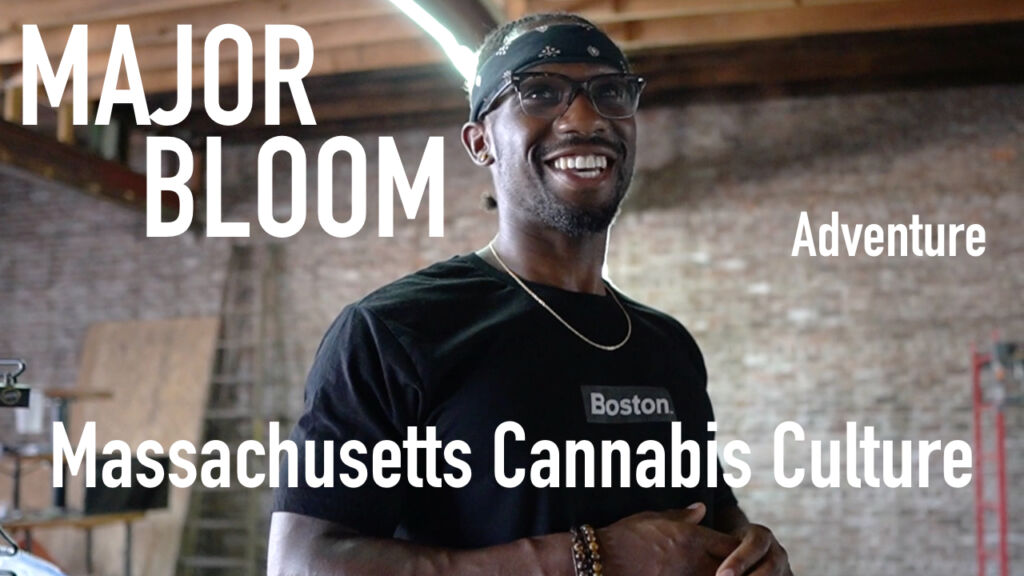

Q: What are some of the largest challenges or obstacles in the Massachusetts Cannabis industry?
A: Many people tend to look at the CCC as a challenge or hurdle, I can only speak to my experiences with them and They’ve upheld their end of the bargain as far as working with Economic Empowerment applicants, so I can’t say they’ve been lagging. The challenge I see is really the lack of Economic empowerment and social equity applicants who are currently operating. And more importantly, we also need to truly define what social equity and economic empowerment means, who qualifies for it, and what purpose it is working to serve.
There have been special reports done in MA that have looked at understanding Social Equity and Economic empowerment, and everyone spoken to, even the commissioners had different definitions. Not to call out black and white – but this is becoming more apparent when you see most of the economic empowerment and social impact applicants are white. Yes, they were arrested for cannabis in the past, but are our stories the same, and more importantly, is this what the program is in place for? The current definition (for social equity and economic impact) is too loose – it should be very specific about who it aims to help, how, and why. If it’s there to help reverse the harm done by prohibition and the war on drugs – then let’s make that a truth. But it’s not just the CCC and we can’t just point the finger at them and say “what are you doing?” It’s all the states and agencies who are rolling out cannabis across the nation.
Funding is another challenge – it seems pretty obvious, but here in MA there were talks of funding or low-interest loans and grants for social equity applicants. There was even a proposition to allocate certain tax revenue toward social equity applicants – those things have seemed to fall by the wayside. From my understanding – 0 dollars from tax revenue has gone towards social equity funding. The plan is cool – but we went up against billion-dollar organizations for host agreements in Worcester – so yes it’s cool to have expedited licensing, but without the support, it doesn’t mean much.
Another place we can improve is in the outreach efforts to these communities that have been affected by the war on drugs. We need to uplevel how information is disseminated to these communities, there has to be a better way to get people involved from these places that have been targeted.
Q: What tips or pieces of advice do you have for folks looking to get into the cannabis industry?
A: Be open to learning and Don’t act like you know it all. Even to the people who have been smoking or growing bud for 20/30 years, it’s impossible to know it all – especially in a brand new state like Massachusetts.
Know yourself – in the sense that you’ve gotta do this (the cannabis industry) for the right reasons. It’s important to have a strong understanding of “your why,” and that “why” has to be more than the products or simply “the opportunity” to join a growth industry. You need to understand what drives you, but only you can answer that question and I personally don’t think money is the answer to that question.
Since both Laury and I are professors, when you work with us you really have to understand the history of cannabis culture, prohibition, and what social equity and economic impact means. One side is fun; The stoner culture and gimmicks are glorified but there is a serious discriminatory undertone that people don’t stand up to. The past harms and the efforts that people are making to reverse or right those wrongs are not only not glorified, but it’s hardly even talked about. It’s a heavy subject to say an entire industry is built on oppression but it’s the hard truth and changing this is what motivates me.
Q: Where do you see the industry heading in MA in the next 3-5 years?
A: My gut reaction and what I initially see in my head, is consolidation. We’re already seeing some acquisitions happening now, so that’s the first thing that comes to mind.
The second thing that comes to mind is consumers becoming savvier. Yes from an education standpoint, but more from an ethical and social impact standpoint. Consumers will be way more tapped in with whether or not companies are ethically and socially responsible. And ultimately, I think that will sway consumer decision making.
The third piece I see – here in MA, we will definitely see more of a nostalgic play – really good, smaller batch, craft grows will stand out compared to the larger guys. I think outdoor grows will be huge too even though the weather here isn’t the best for it. And my reasoning for outdoor grows goes back to social responsibility – growing with the sun, repurposed soil, etc. So more craft, and more outdoor flower.
Q: What brought you here (the cannabis industry) and what is keeping you here?
A: I don’t think I chased it – I think it found me. There have been numerous instances in my life, from the first time I was introduced to cannabis, to my sisters loving and smoking cannabis, to not getting caught with cannabis in my teenage years (when I easily could have) – where I basically realized that’s what motivated me to stick it out and really pursuing it. A lot of my experience with cannabis and cannabis culture was before legalization – so I had an infatuation then, now that it’s legal, I have an education and some corporate experience – why not go after it. I literally could not imagine doing anything else in my life – I wake up every day knowing I’m doing what I’m supposed to be doing. Culture is so important to me and it’s different from the industry. The culture is more about freedom, authenticity to yourself and where you come from, the people, and not about politics and systemic oppression. So the culture is another major factor keeping me here – Calling and Culture.





